Contribute to two new books :
Smart Cities and Sharing Economy CALL FOR BOOK CHAPTERS
Published by Goodfellow Publishers
Smart Cities: Co-creating experiences, challenges and opportunities |
Editors: Dimitrios Buhalis, Babak Taheri, and Roya Rahimi https://easychair.org/cfp/SC1
The Sharing Economy: Perspectives, Opportunities and Challenges
Editors: Babak Taheri, Roya Rahimi, and Dimitrios Buhalis https://easychair.org/cfp/SE1
Important dates:
Abstract Deadline: 15th Jan 2020
Chapter Submission Deadline: 12 June 2020
Feedback deadlines: 8 August 2020
Submitting revised chapters: 30 October 2020
Review by editors: October to December 2020
Submitting final chapters: 18 December 2020
Submitting to Publisher: 12 February 2021
Action required – Guidelines for proposal submissions:
- A 500-1,000 word proposal
- Title page: title of the paper, full name of the author(s), affiliation and contact information
- One diagram describing your contribution to the topic.
- A short bio (around 150-250 words) for each author
- Soft copy as Word document attachment should be uploaded to the links
_____________________________________________________________________Smart Cities: Co-creating experiences, challenges and opportunities
Editors: Dimitrios Buhalis, Babak Taheri, and Roya Rahimi
https://easychair.org/cfp/SC1
This book will provide a new insight for the current issues and opportunities on smart cities and related concepts in the next generation of urban evolution. It will provide a better understanding of city services but also the enhancement and evaluation of locals’ (and visitors) experience and city decision making processes by creating liveable environments and business solutions. The book will serve as a main reference point for smart cities researchers, scholars, students and practitioners state-of-art knowledge depository on marketing management (and related areas e.g., urban studies) from a new modern perspective within the smart cities.
PROVISIONAL AND INDICATIVE LIST OF CHAPTERS (SUGGESTIONS WELCOME!)
Ch 1. Introduction to Smart Cities: Co-creating experiences, challenges and opportunities
Ch 2. Co-creating smart experiences (defining co-creation of value and related concepts in contemporary age)
Ch 3. Current challenges for smart cities, tourism and urbanisation (challenges in cities which leads to need to smart cities opportunities)
Ch 4. Value co-creation in smart cities (defining smart cities and related concepts)
Ch 5. Digital transformation (in relation to smart cities and digital world)
Ch 6. Smart sustainable environment and cities (CSR and sustainability)
Ch 7. Smart people (Human capital: issues and opportunities in smart cities)
Ch 8. Smart economy (Investment: issues and opportunities in smart cities)
Ch 9. Smart mobility (Transportation: issues and opportunities in smart cities)
Ch 10. Smart living (Community engagement: issues and opportunities in smart cities)
Ch 11. Smart governance (Politics and government engagement)
Ch 12. Smart Business models, co-creation of experiences and smart cities
Ch 13. Smart trends in the tourism and hospitality industry
Ch 14. The Smart future: stakeholders, catalysts, opportunities and challenges
Ch 15. Case studies (this chapter will have a case study for each of 14 chapters)
_____________________________________________________________________The Sharing Economy: Perspectives, Opportunities and Challenges
Editors: Prof. Babak Taheri, Dr. Roya Rahimi, and Prof. Dimitrios Buhalis
https://easychair.org/conferences/?conf=se1
This book will focus on the sharing economy from a marketing and managerial perspective and will explore implications area of tourism marketing and management, services marketing and urban studies. It will encourage new theoretical and empirical development on sharing economy studies in the service industries field and offers a new insight to indicate potential research opportunities and areas of interest different aspects of sharing economy. Target readership will be higher level undergraduate (UG) and postgraduate (PG).
PROVISIONAL AND INDICATIVE LIST OF CHAPTERS (SUGGESTIONS WELCOME!)
Ch 1. Introduction The Sharing Economy: Perspectives, Opportunities and Challenges
Ch 2. Exploration of service platforms and marketplaces (defining platform services, adventuristic start-ups)
Ch 3. Sharing economy (defining sharing economy and related concepts)
Ch 4. Application of co-creation of value: Two-sided markets (locals vs. visitors)
Ch 5. Gig economies (defining gig economy and related concepts)
Ch 6. National culture and sharing economy (matchmaking, and studies within other culture/context)
Ch 7. Overarching theories on sharing economy (e.g., social exchange theory, complexity theory, norm activation model, etc)
Ch 8. Models of platform-based sharing economy businesses (defining customer lifetime value (e.g., business to customer model; P2P: peer to peer model, etc.); plus for-fee models (e.g., Uber, Airbnb) or no-fee models (e.g., TripAdvisor, Instagram, Wikipedia)
Ch 9. Big data and digital marketing (the importance of digital marketing within the sharing economy)
Ch 10. Operations management in sharing economy (operations and process in sharing economy)
Ch 11. The law of sharing economy (regulations, licensing, roles of state governments etc)
Ch 12. Ethics and sustainability in sharing economy (CSR and sustainability issues)
Ch 13. Future of sharing economy
Ch 14. Case studies (this chapter will have a case study for each of 13 chapters)

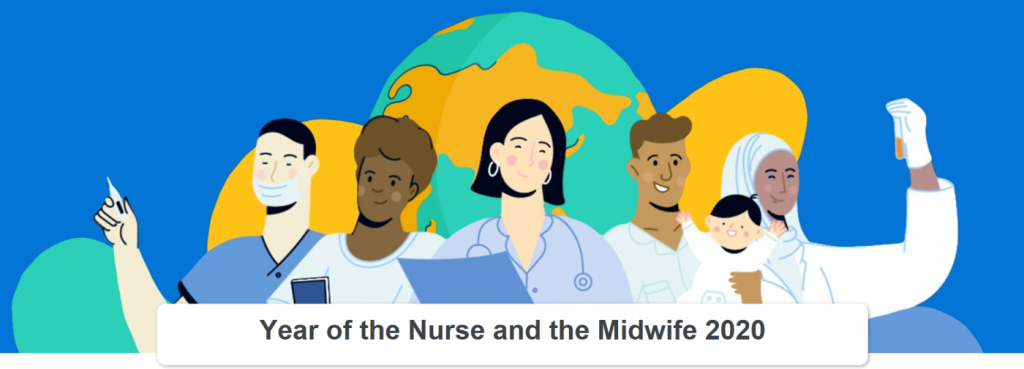

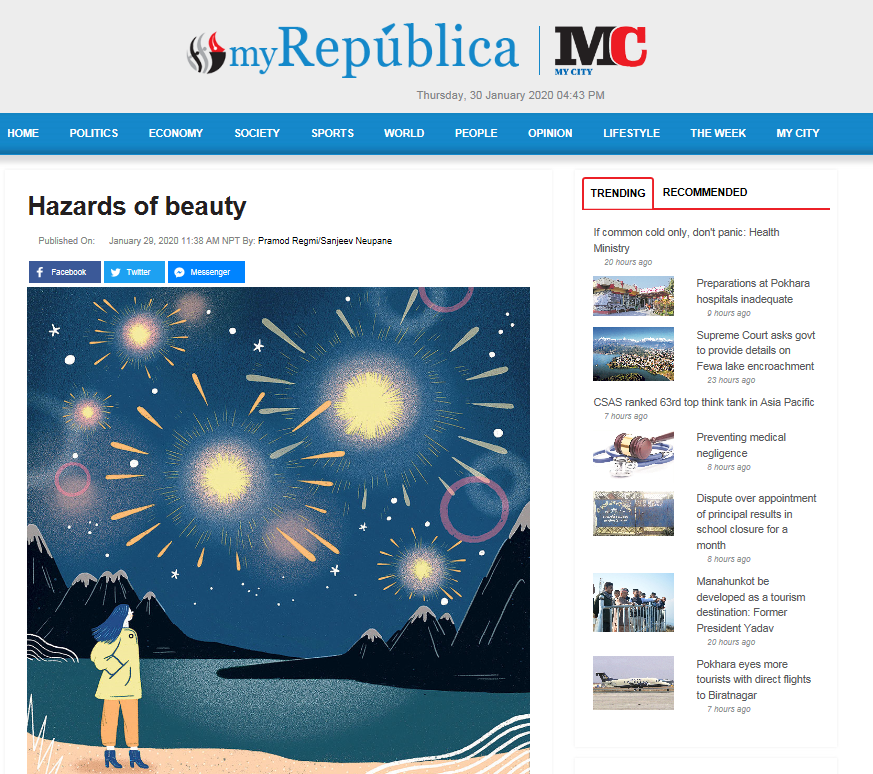
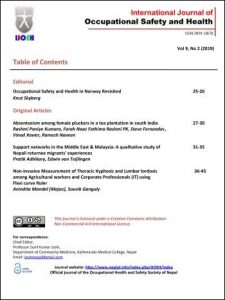
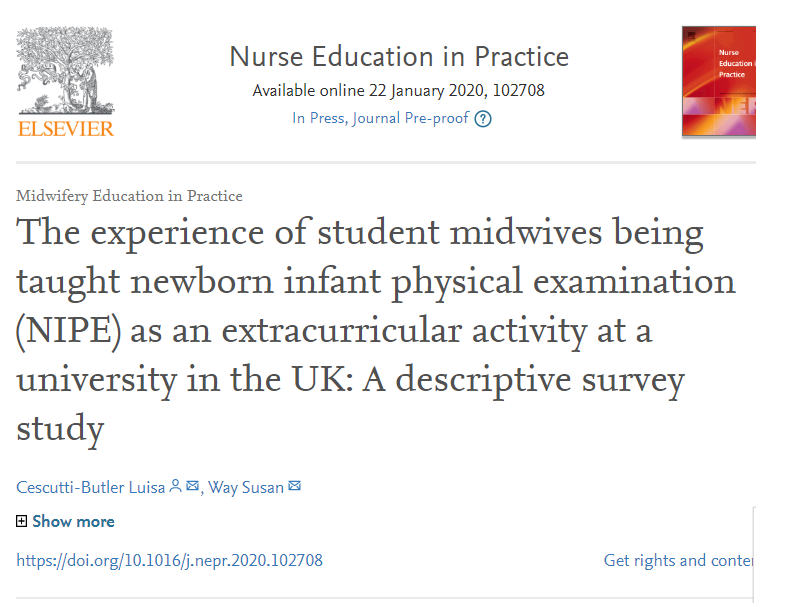
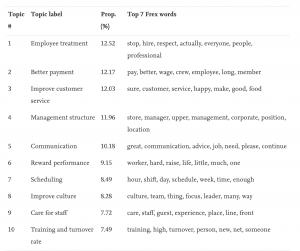
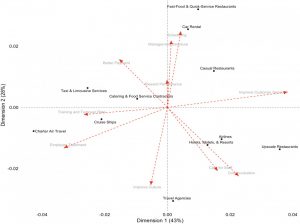 Annals of Tourism Research, Vol.80, https://doi.org/10.1016/j.annals.2019.02.012
Annals of Tourism Research, Vol.80, https://doi.org/10.1016/j.annals.2019.02.012






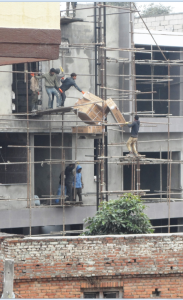
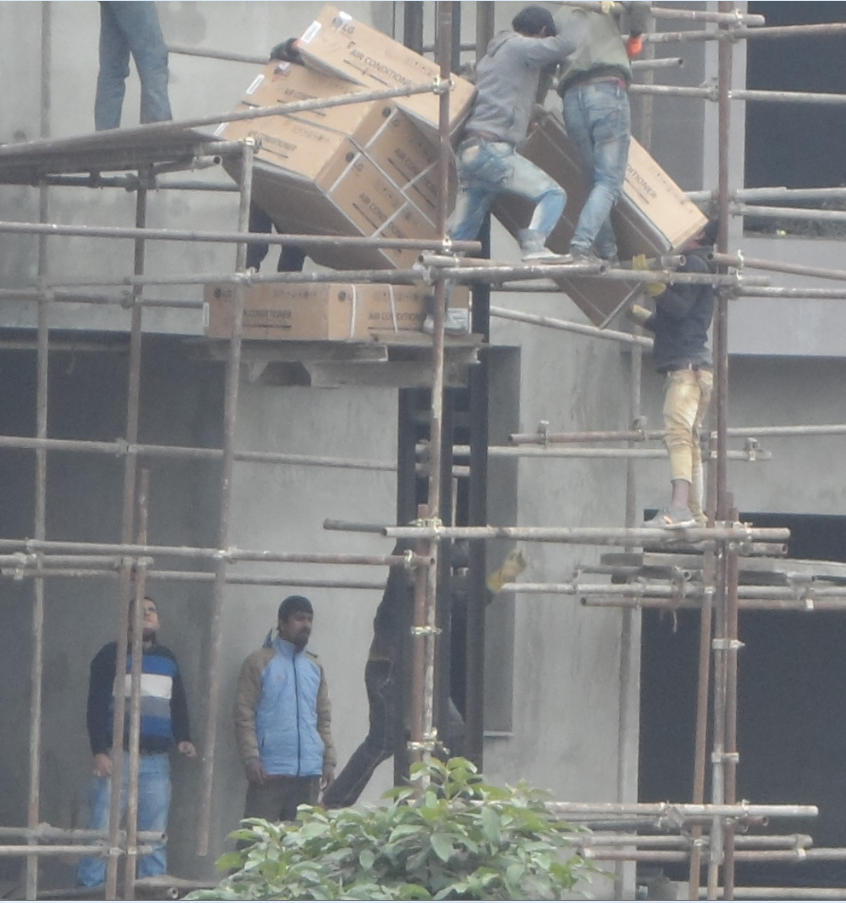
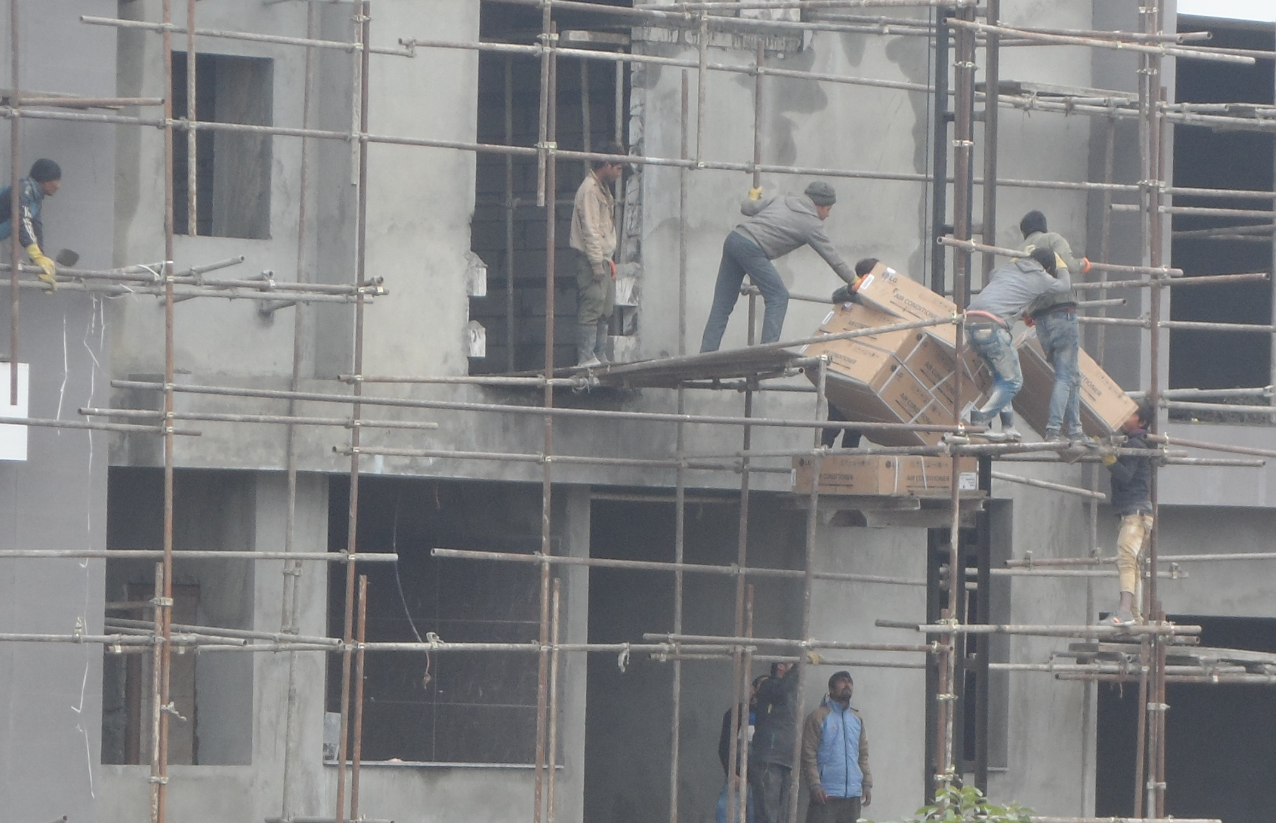
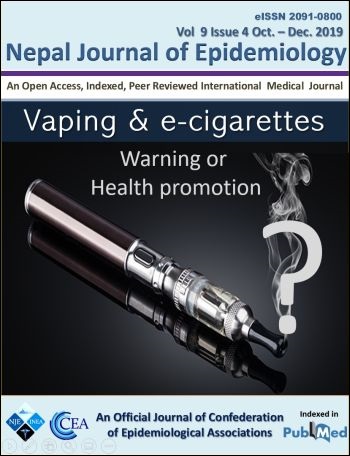
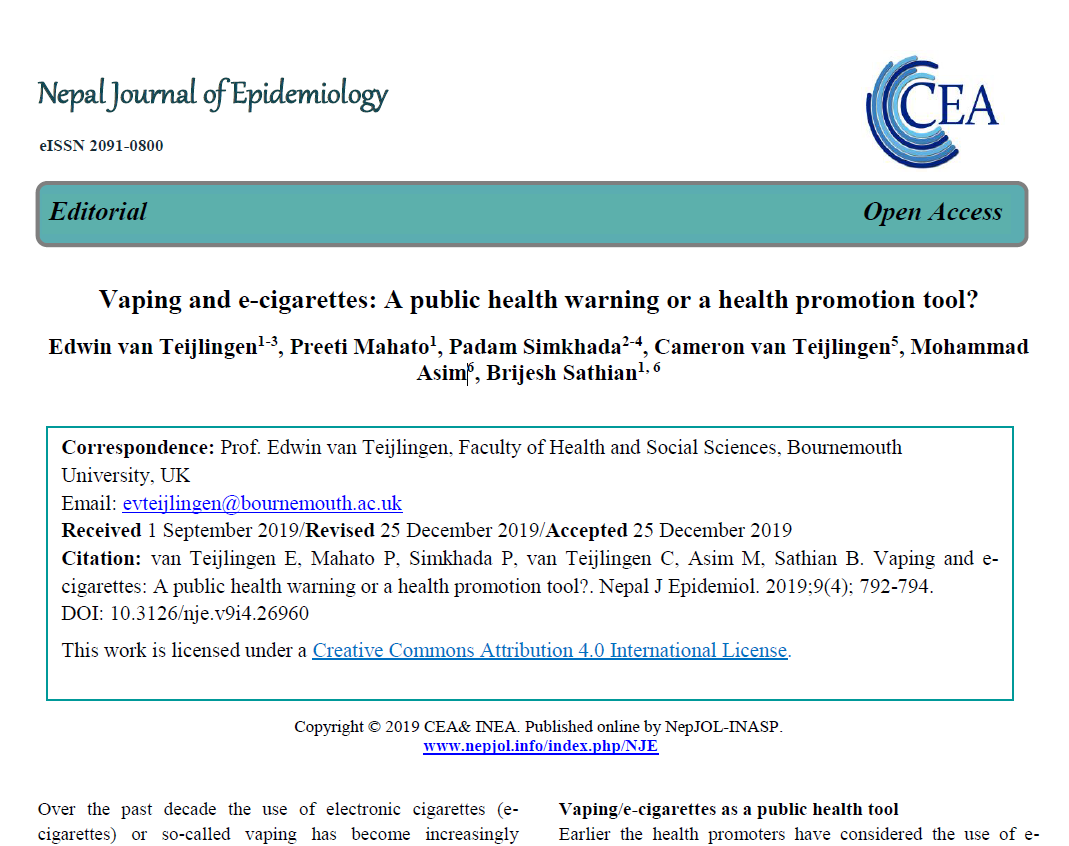











 Beyond Academia: Exploring Career Options for Early Career Researchers – Online Workshop
Beyond Academia: Exploring Career Options for Early Career Researchers – Online Workshop UKCGE Recognised Research Supervision Programme: Deadline Approaching
UKCGE Recognised Research Supervision Programme: Deadline Approaching SPROUT: From Sustainable Research to Sustainable Research Lives
SPROUT: From Sustainable Research to Sustainable Research Lives BRIAN upgrade and new look
BRIAN upgrade and new look Seeing the fruits of your labour in Bangladesh
Seeing the fruits of your labour in Bangladesh ECR Funding Open Call: Research Culture & Community Grant – Apply now
ECR Funding Open Call: Research Culture & Community Grant – Apply now ECR Funding Open Call: Research Culture & Community Grant – Application Deadline Friday 12 December
ECR Funding Open Call: Research Culture & Community Grant – Application Deadline Friday 12 December MSCA Postdoctoral Fellowships 2025 Call
MSCA Postdoctoral Fellowships 2025 Call ERC Advanced Grant 2025 Webinar
ERC Advanced Grant 2025 Webinar Update on UKRO services
Update on UKRO services European research project exploring use of ‘virtual twins’ to better manage metabolic associated fatty liver disease
European research project exploring use of ‘virtual twins’ to better manage metabolic associated fatty liver disease